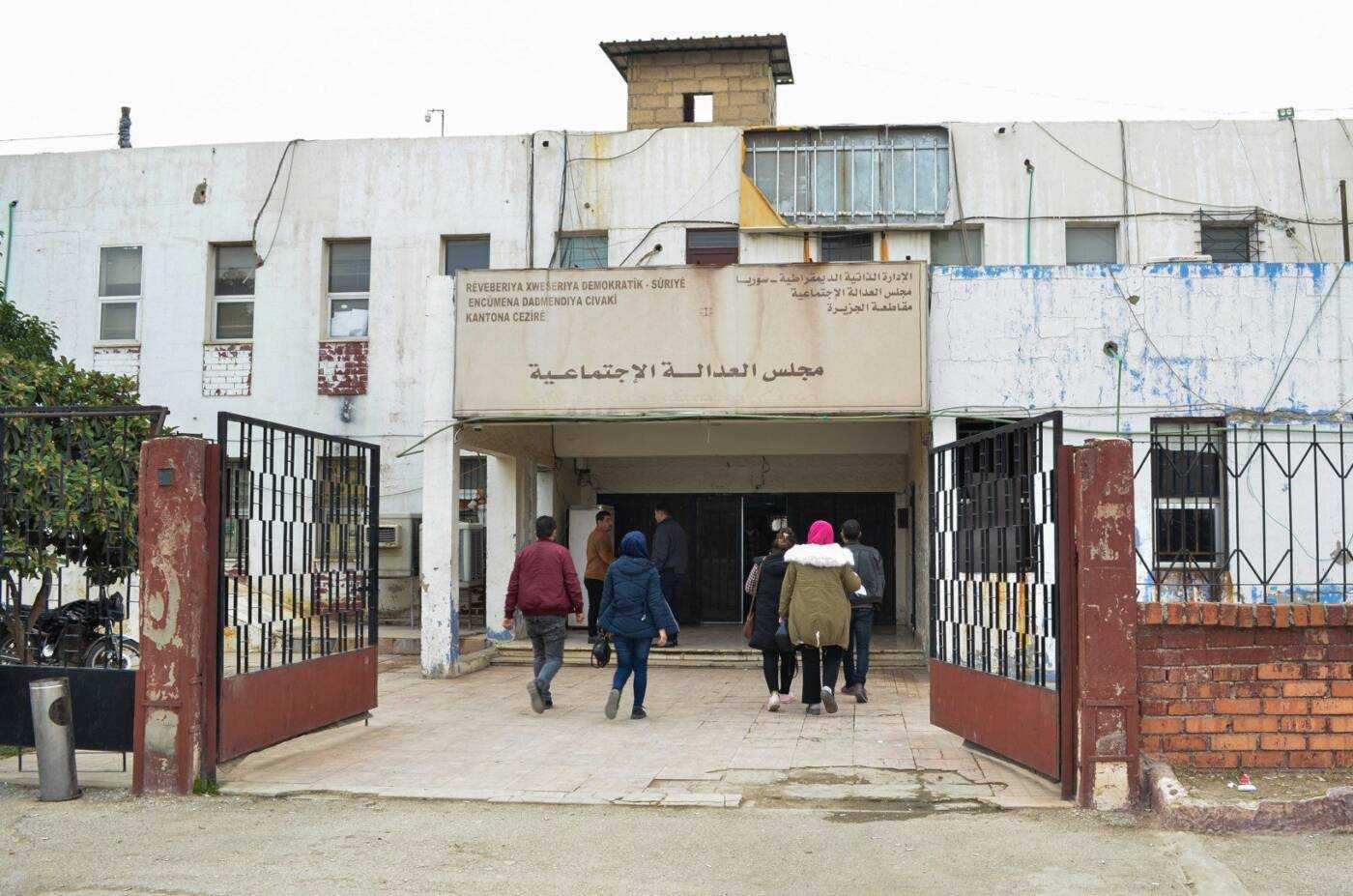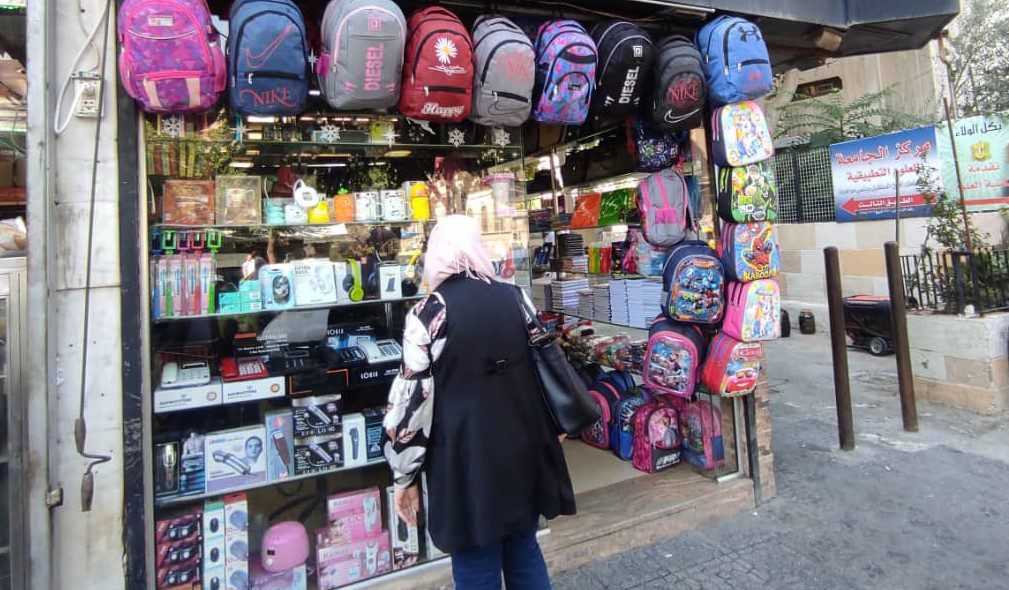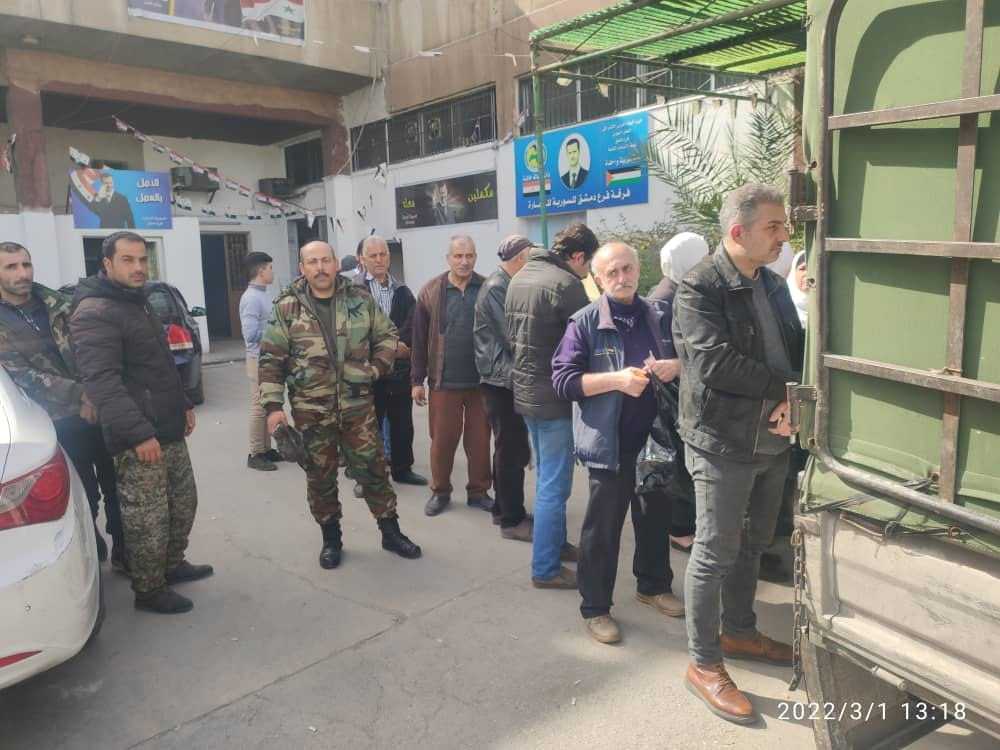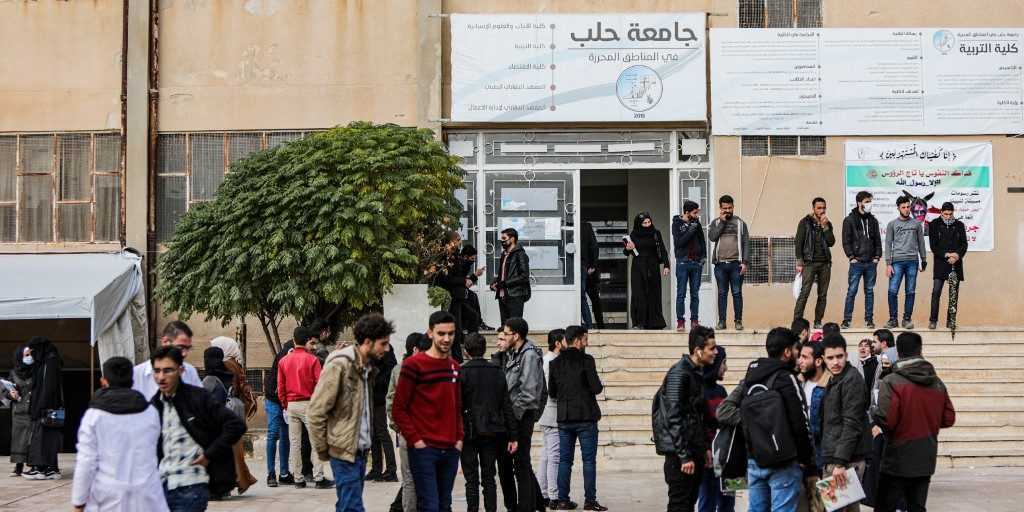Incomplete awareness: Syria’s primary school curricula lack information on future water crisis
Facing the impacts of climate change and the fallout of a war that turned water into a weapon, what are Syria’s children learning about the dangers of the water crisis they face?





